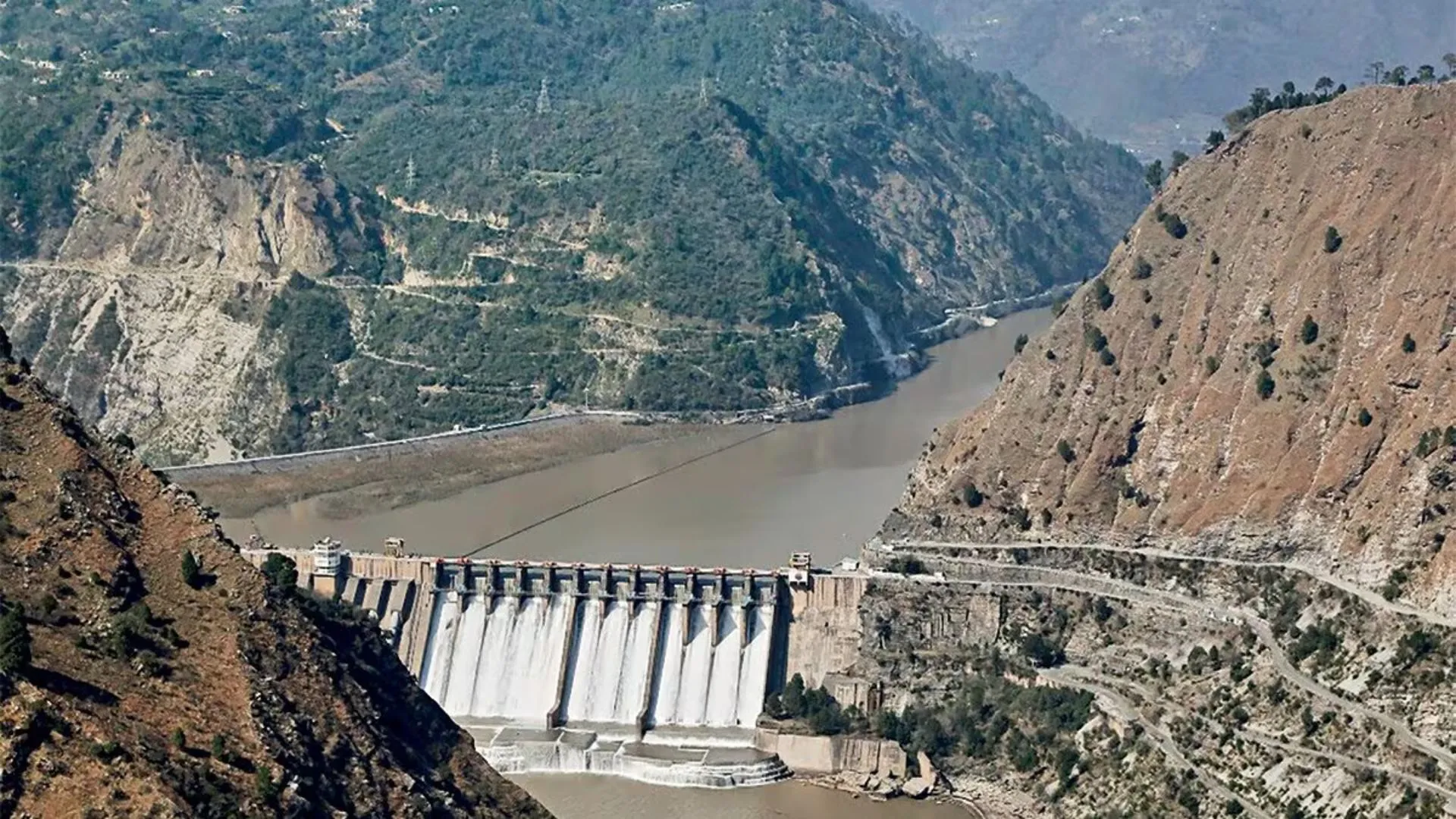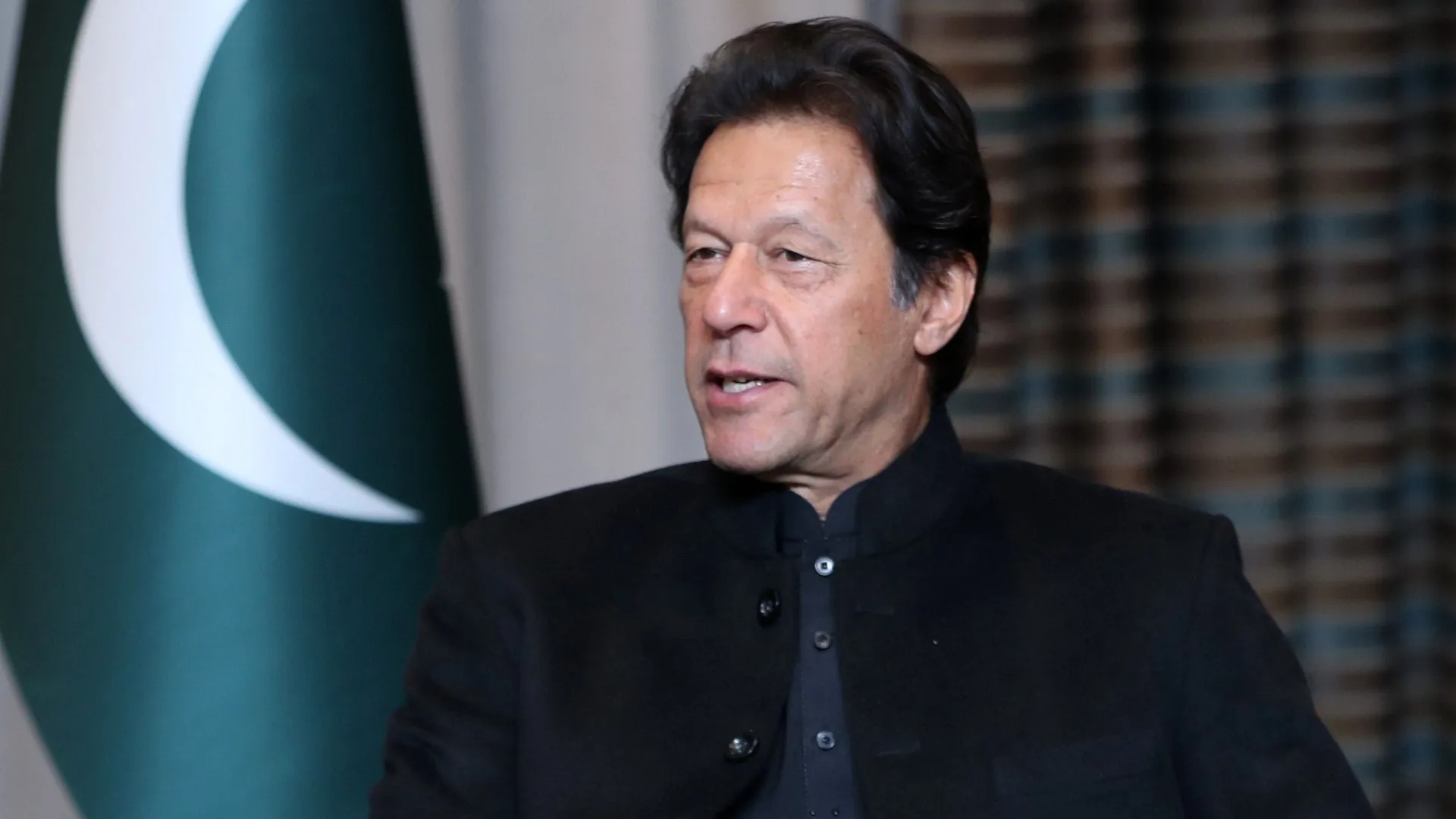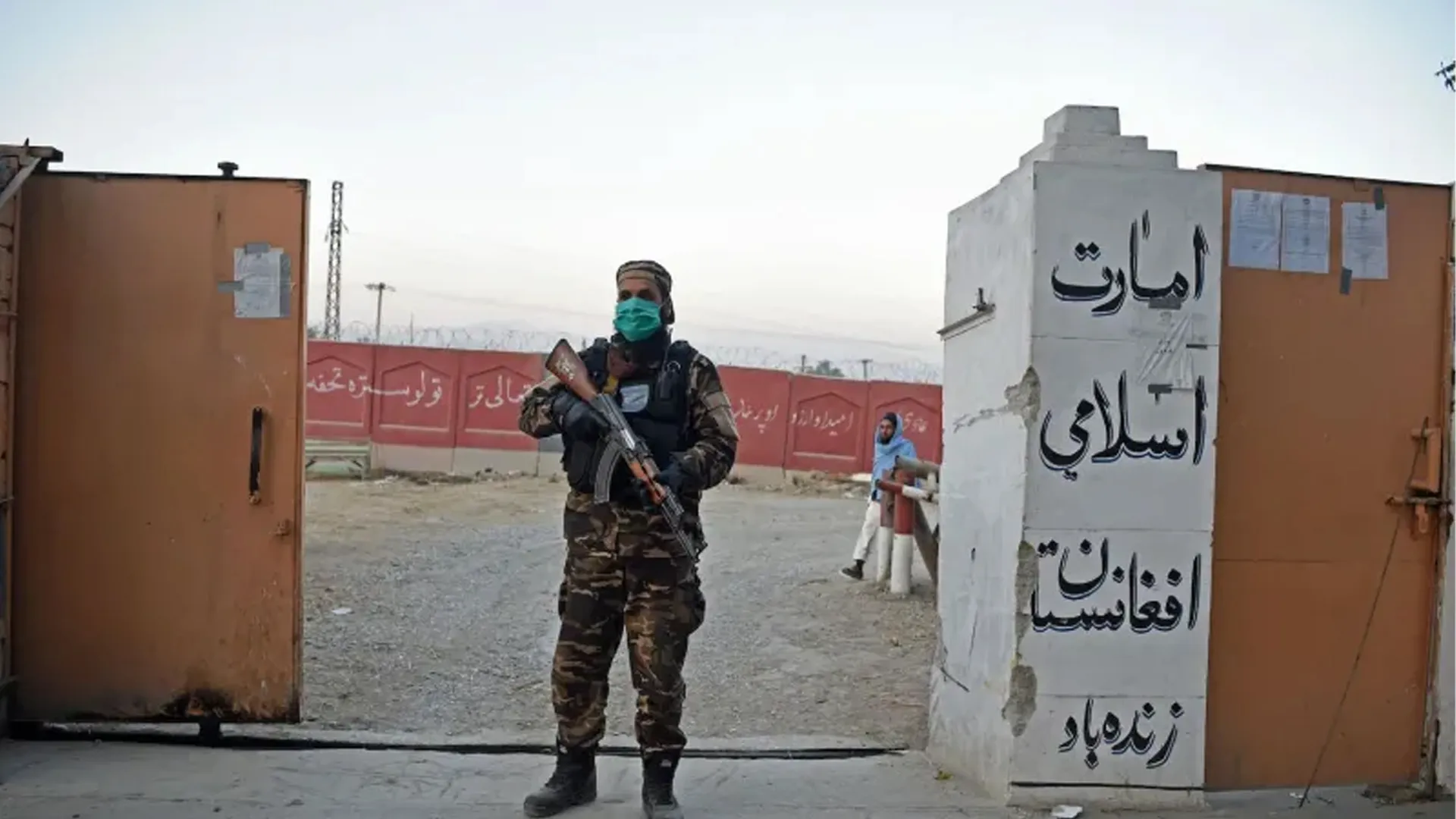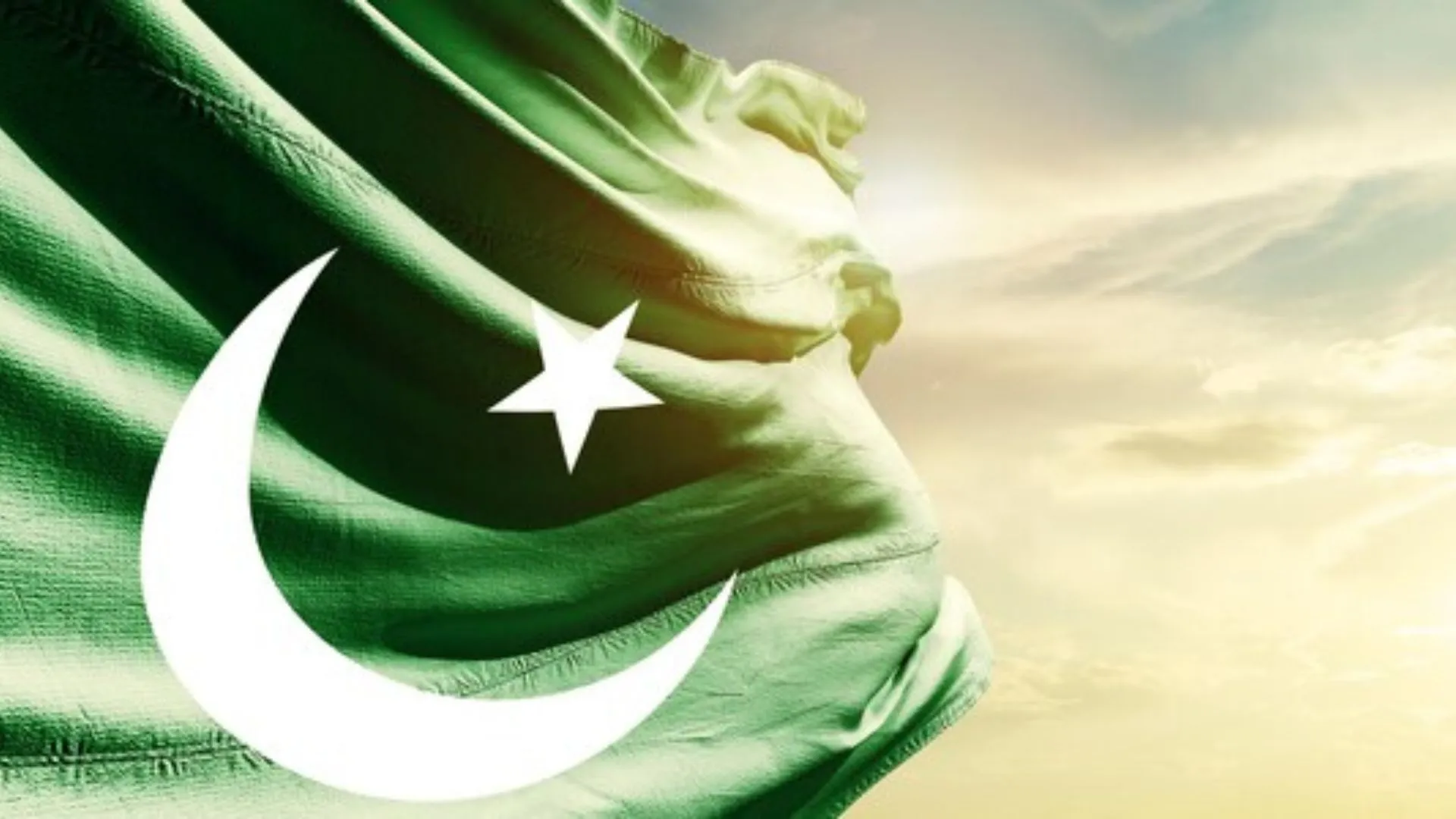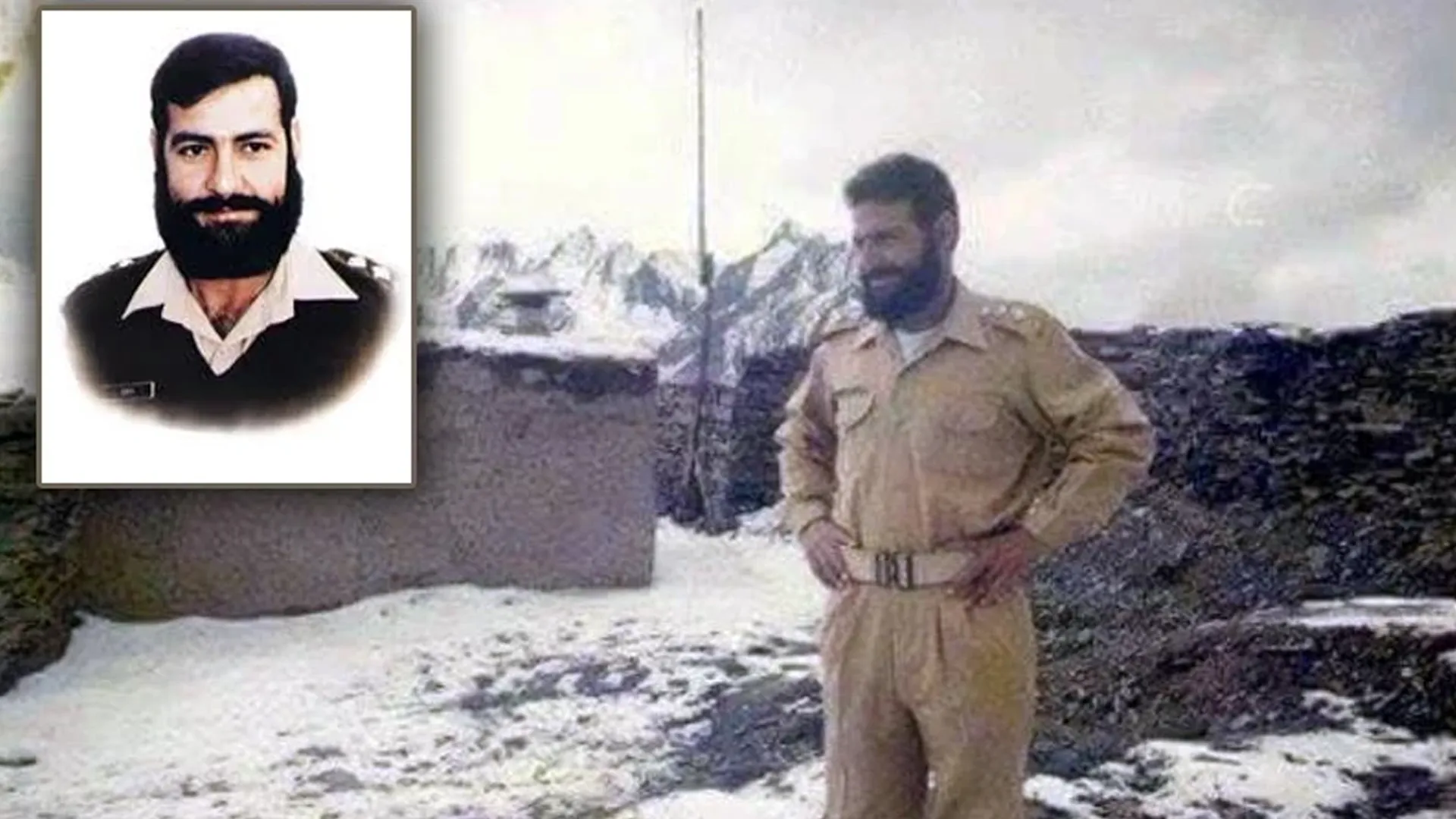Pakistan is facing an escalating water crisis as the effects of India’s suspension of the Indus Waters Treaty (IWT) start showing. The treaty was suspended after the April 22 Pahalgam terror attack, during which 26 lives were lost. In retaliation, India called upon Pakistan to take “credible and irrevocable” steps to prevent cross-border terrorism.
India’s Foreign Secretary Vikram Misri made the statement that the IWT would not resume until such steps are undertaken. Pakistan’s rivers are currently approaching dead storage levels, which is influencing water levels as well as agricultural output.
River Flow Drops Up to 20% Across Provinces
Government statistics indicate a close to 20% decrease in water flow throughout Pakistan from the same period last year. In Sindh, Indus River’s flow fell to 1.33 lakh cusecs from 1.7 lakh in the previous year. Punjab is getting 1.10 lakh cusecs from 1.3 lakh, and in Khyber Pakhtunkhwa, flow levels declined to 2,600 cusecs from 2,900 cusecs on June 20.
This reduction has continued since India shelved the treaty. For example, on June 16, water released to Sindh was below more than 16% year-on-year, the Indus River System Authority (IRSA) reports.
Tarbela and Mangla Reservoirs at ‘Dead Levels’
Pakistan’s two large reservoirs — Tarbela on the Indus and Mangla on the Jhelum — have now hit dead storage levels. That is to say, the water has dropped below the lowest usable level and is no longer usable for drinking or irrigation.
Such volumes cause grave danger to Pakistan‘s kharif crop season, usually dependent on irrigation. Reports indicate a 20% fall in sowing of kharif, cotton falling 30% and maize by 15%. Wheat production is also lower by almost 9%.
Since agriculture accounts for 23% of the national income of Pakistan, these failures are a setback for its already ailing economy. Experts say that unless the monsoon season comes early, the nation may experience severe shortages.
Pakistan Makes Several Appeals to India
In the wake of deepening shortages, Pakistan has made persistent attempts to resume the water-sharing arrangement. Syed Ali Murtaza, a secretary in Pakistan’s Ministry of Water Resources, has written four letters to India seeking a reconsideration of the decision, according to reports.
These letters have been referred by India’s Ministry of Jal Shakti to the Ministry of External Affairs. Islamabad also approached the World Bank, which facilitated the 1960 agreement, but the Bank declined to intervene.
Treaty Background and Strategic Shift by India
The Indus Waters Treaty of 1960 divided the river system between India and Pakistan, with Pakistan gaining the rights of the Indus, Jhelum, and Chenab (Western Rivers) and India gaining rights over Ravi, Beas, and Sutlej (Eastern Rivers).
Pakistan received about 70% of the total river flow. India was allowed to utilize the Western Rivers for non-consumptive uses, but it was not allowed to impede flow.
India’s move to suspend the treaty angered Pakistan, where government officials labeled it “an act of war.” Bilawal Bhutto Zardari, leader of the Pakistan People’s Party, said to DW Urdu:
“Any Indian move to cut off Pakistan’s water supply would be perceived as a threat to Pakistan’s existence, leaving Pakistan with no choice but war.”
India’s Strategic Response: Diverting River Flow
Besides stopping the treaty, India is contemplating the development of a 113 km-long canal to reroute excess waters from the Western Rivers — Indus, Jhelum, and Chenab — towards Punjab, Haryana, and Rajasthan.
India’s strategic move aims to maximize water use under legal rights within the IWT regime while pressurizing Pakistan on inaction against terrorism.

